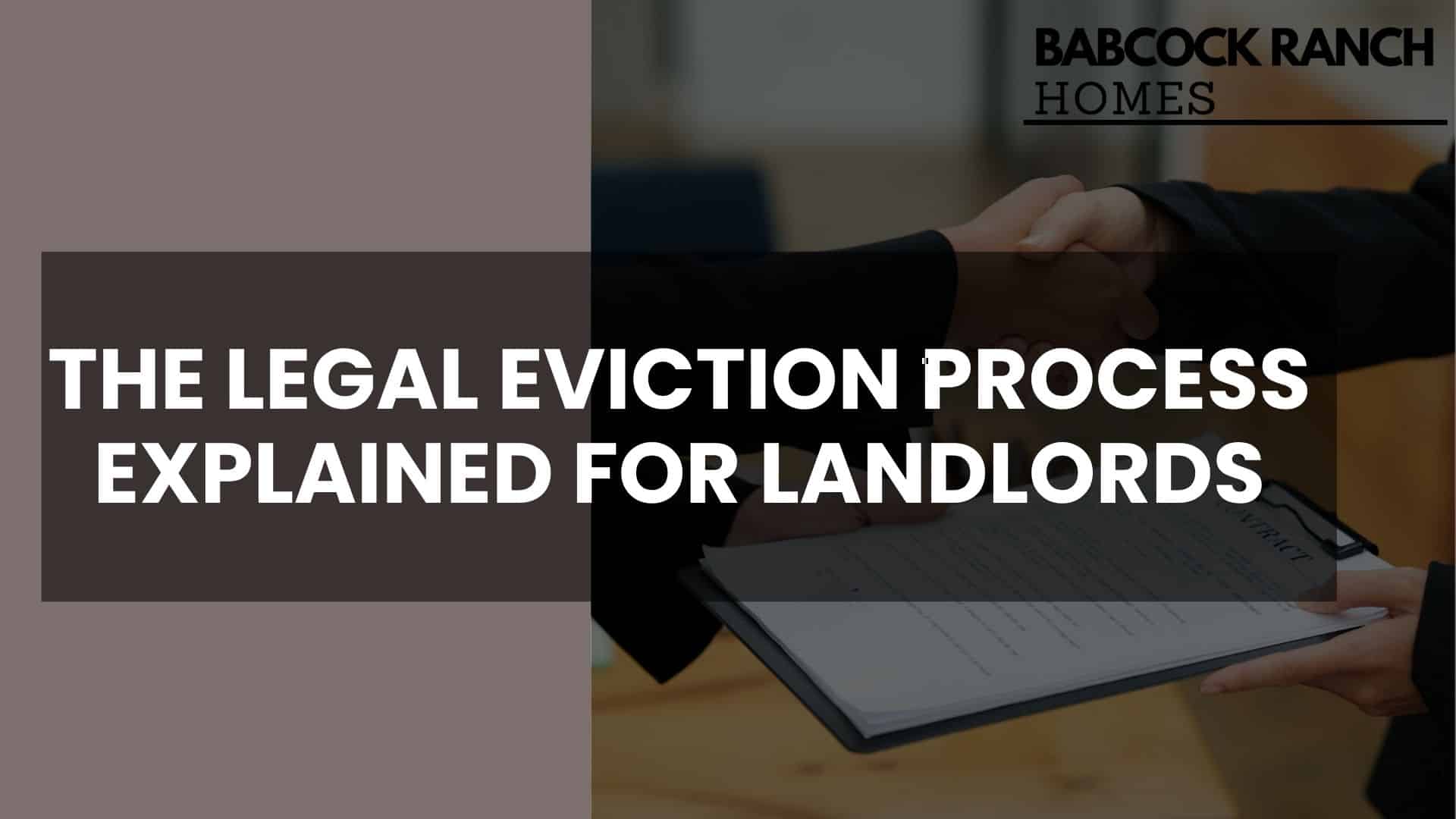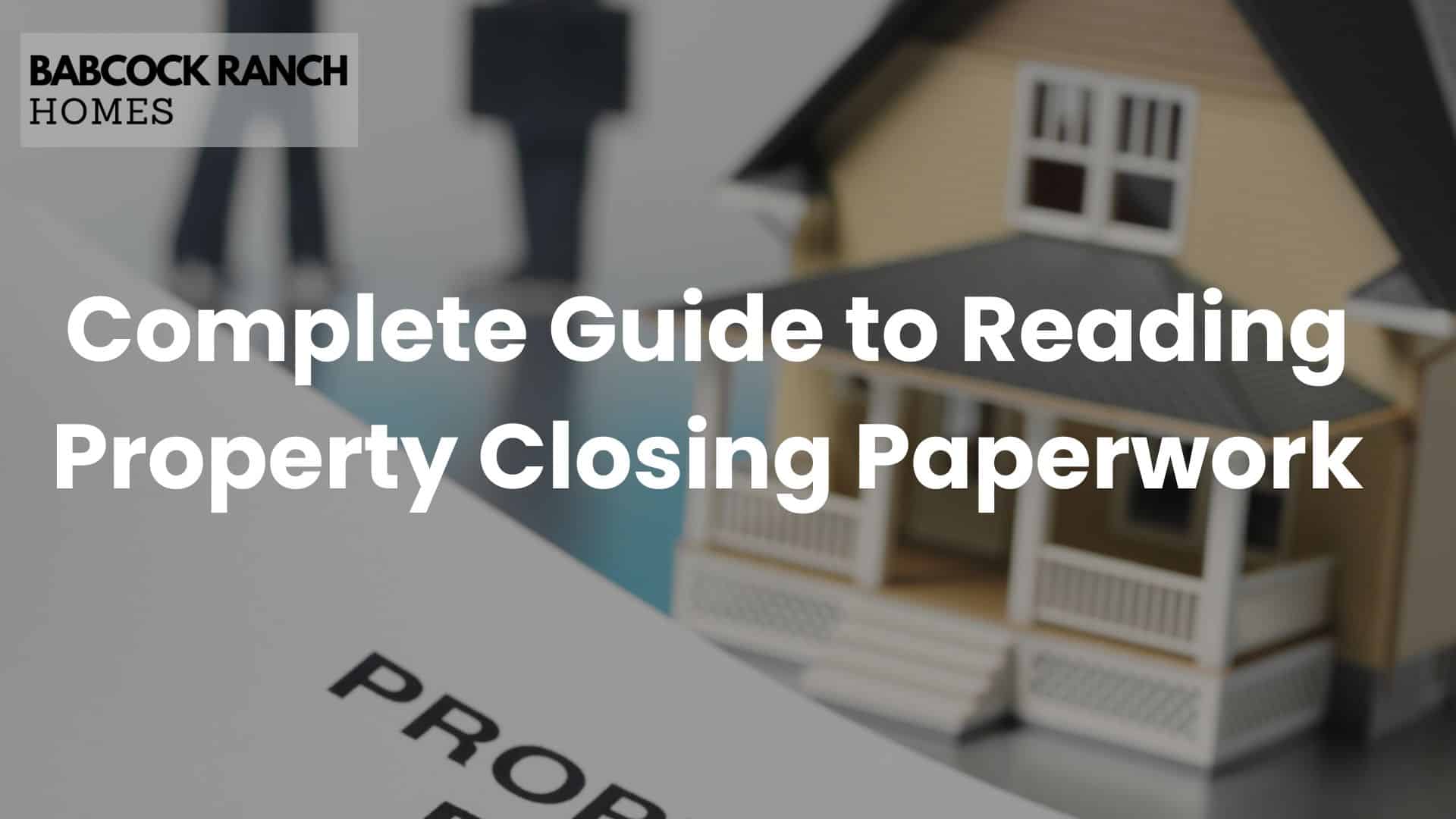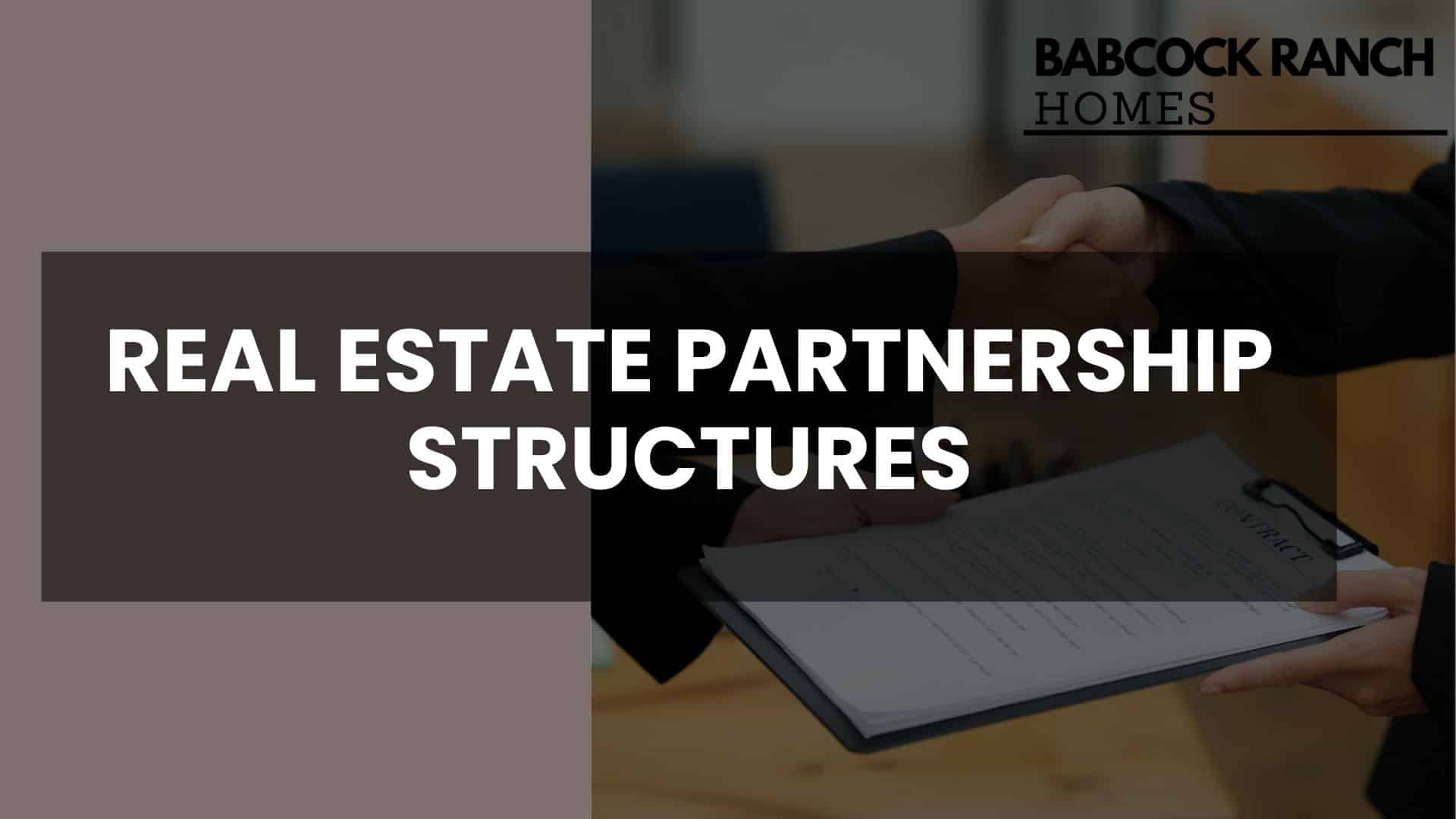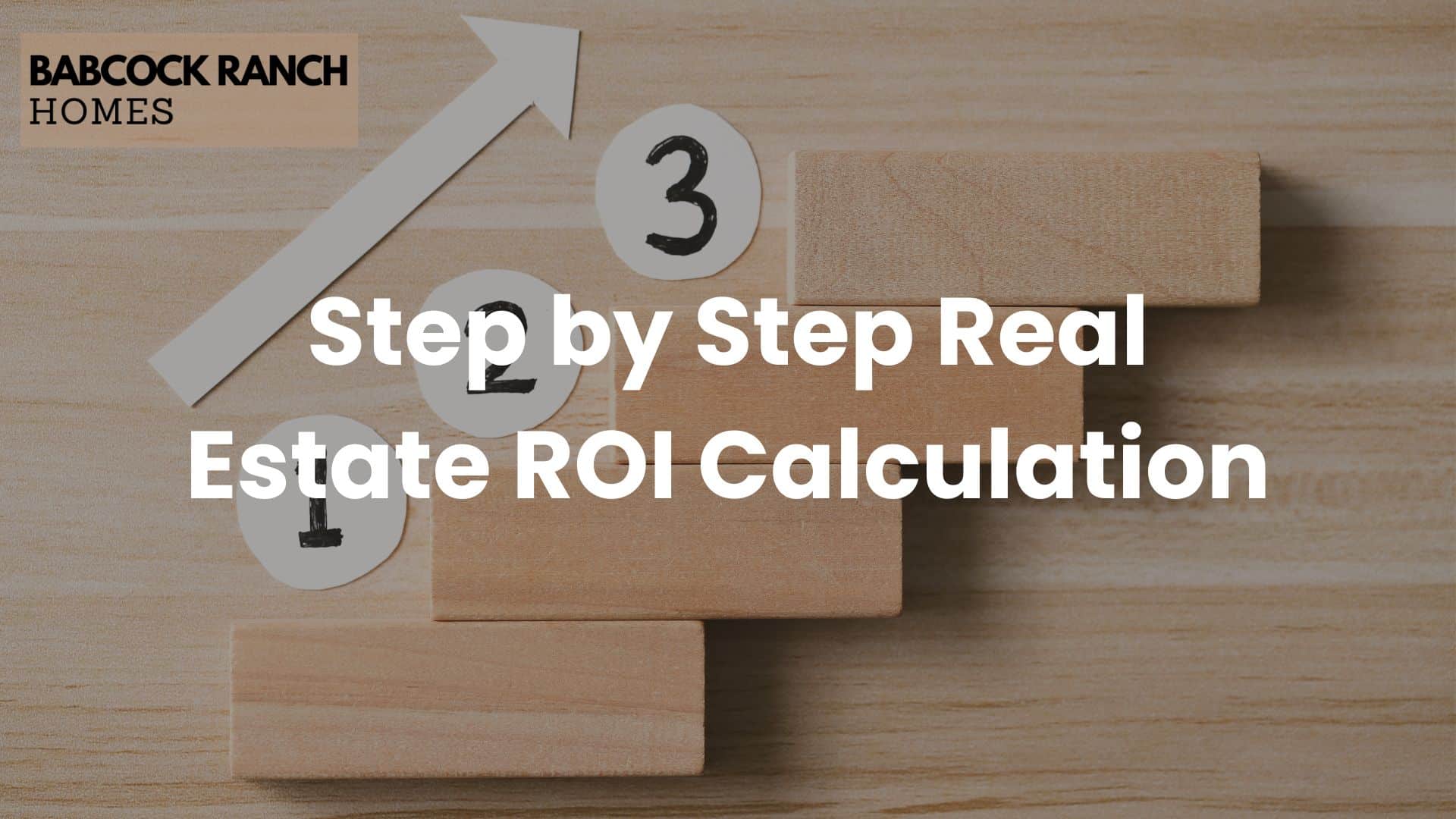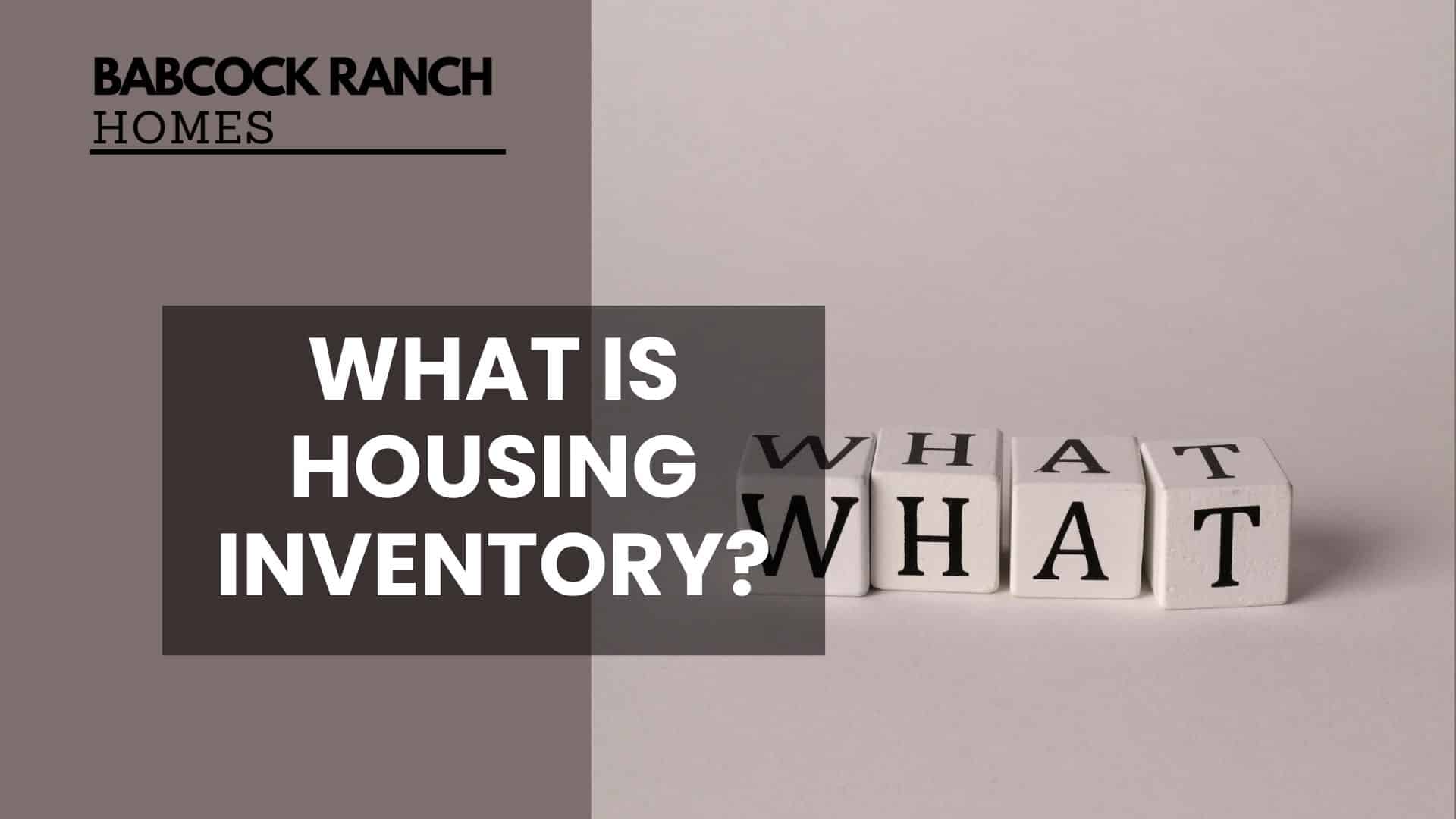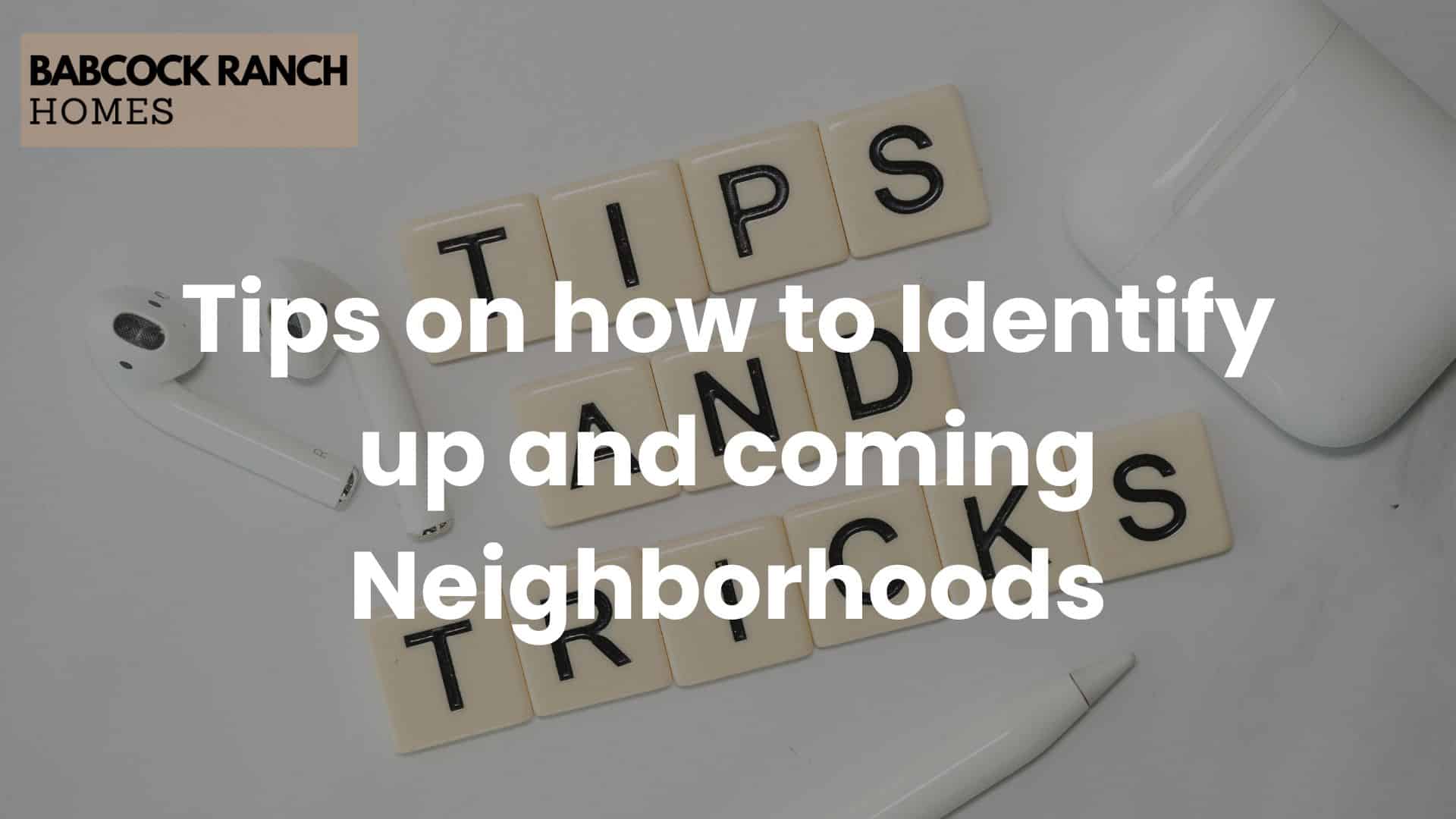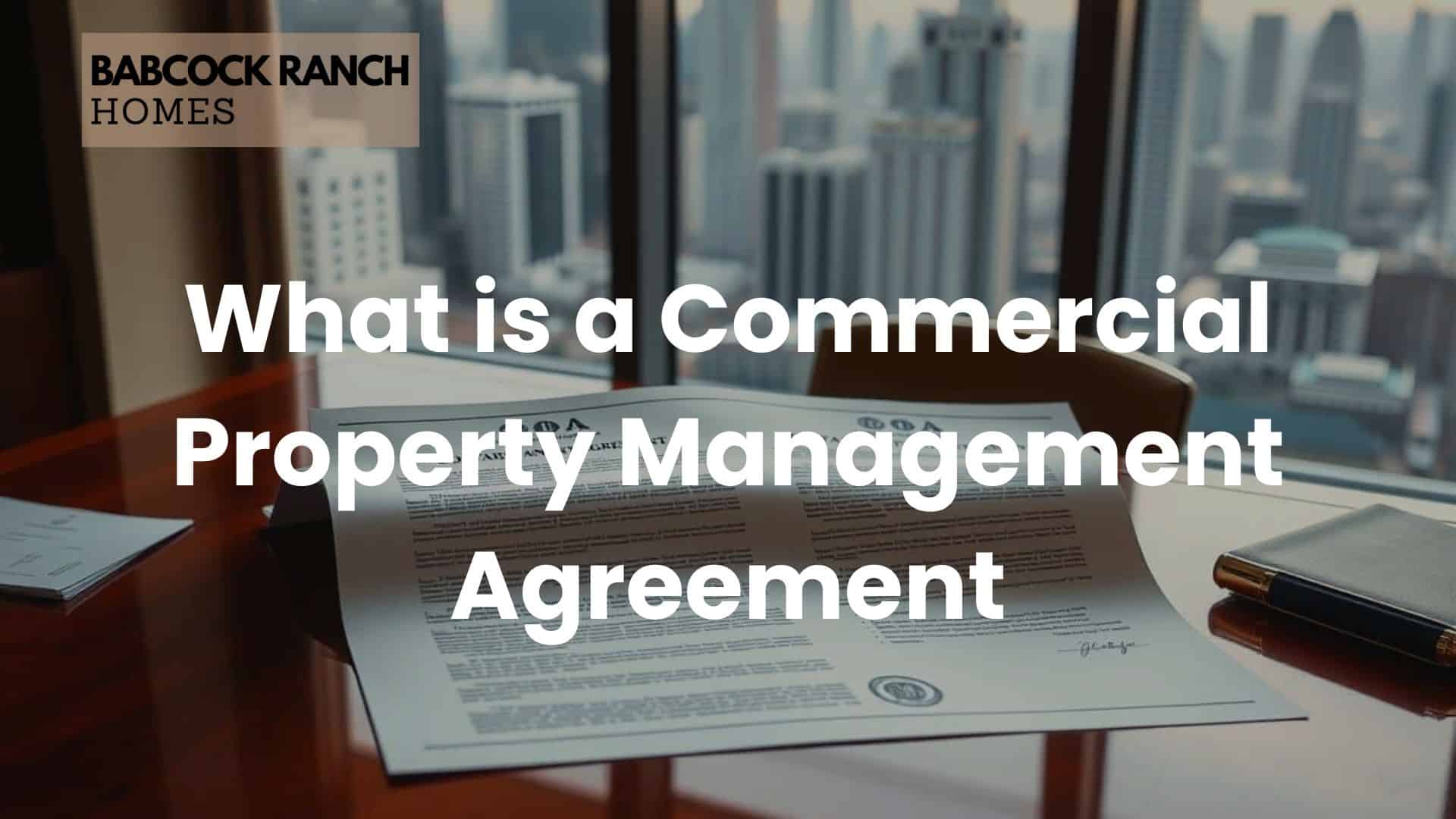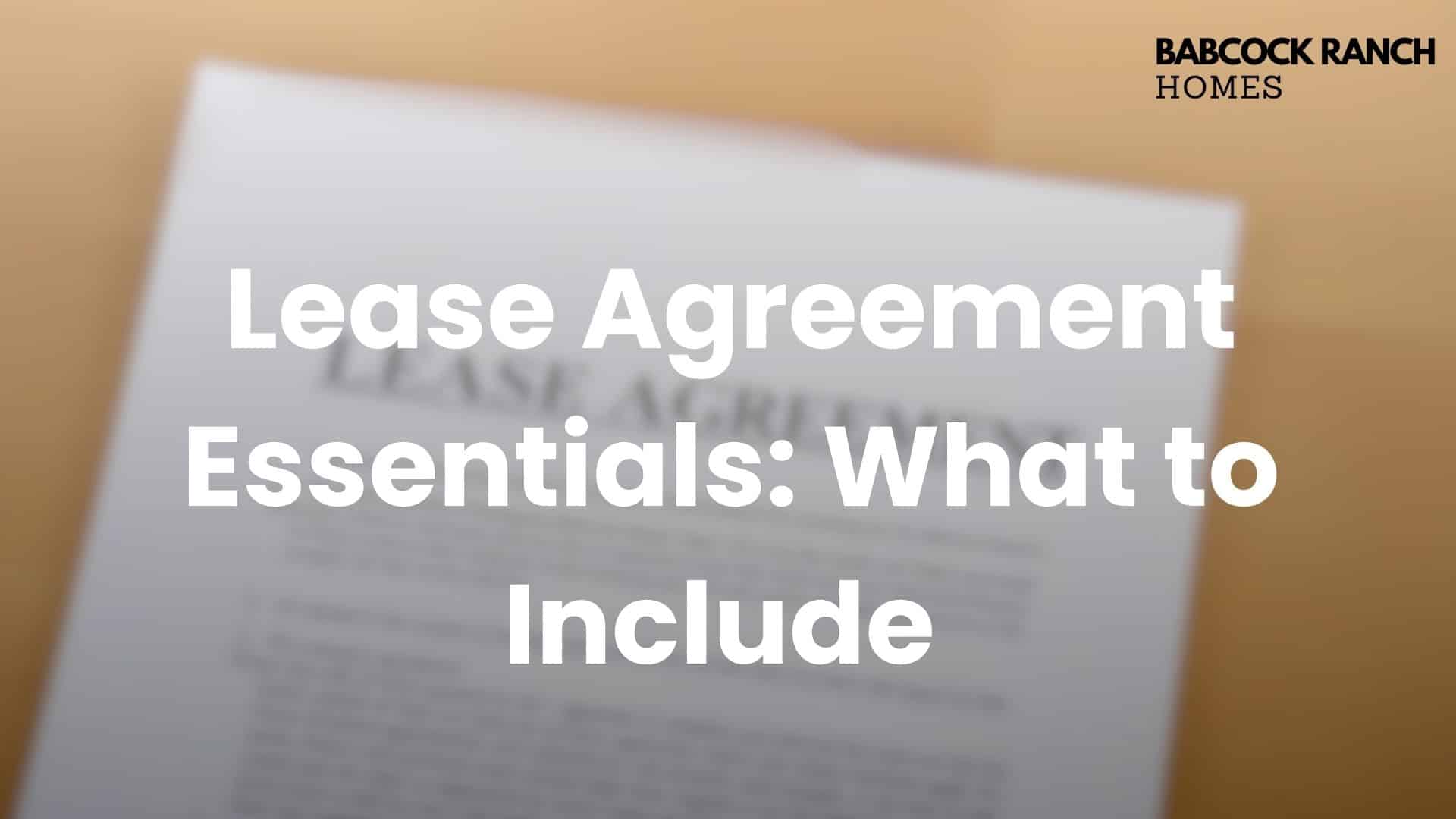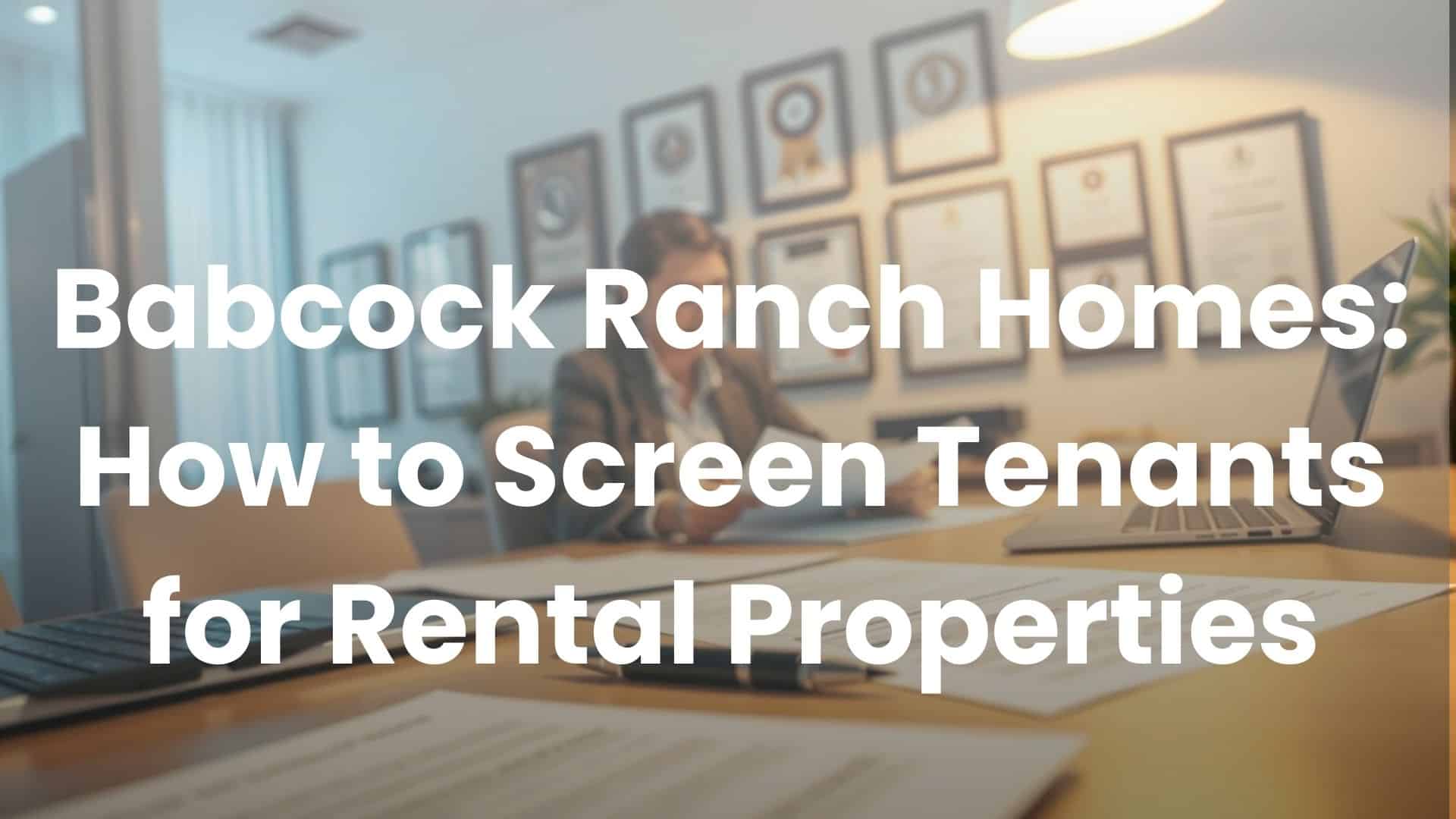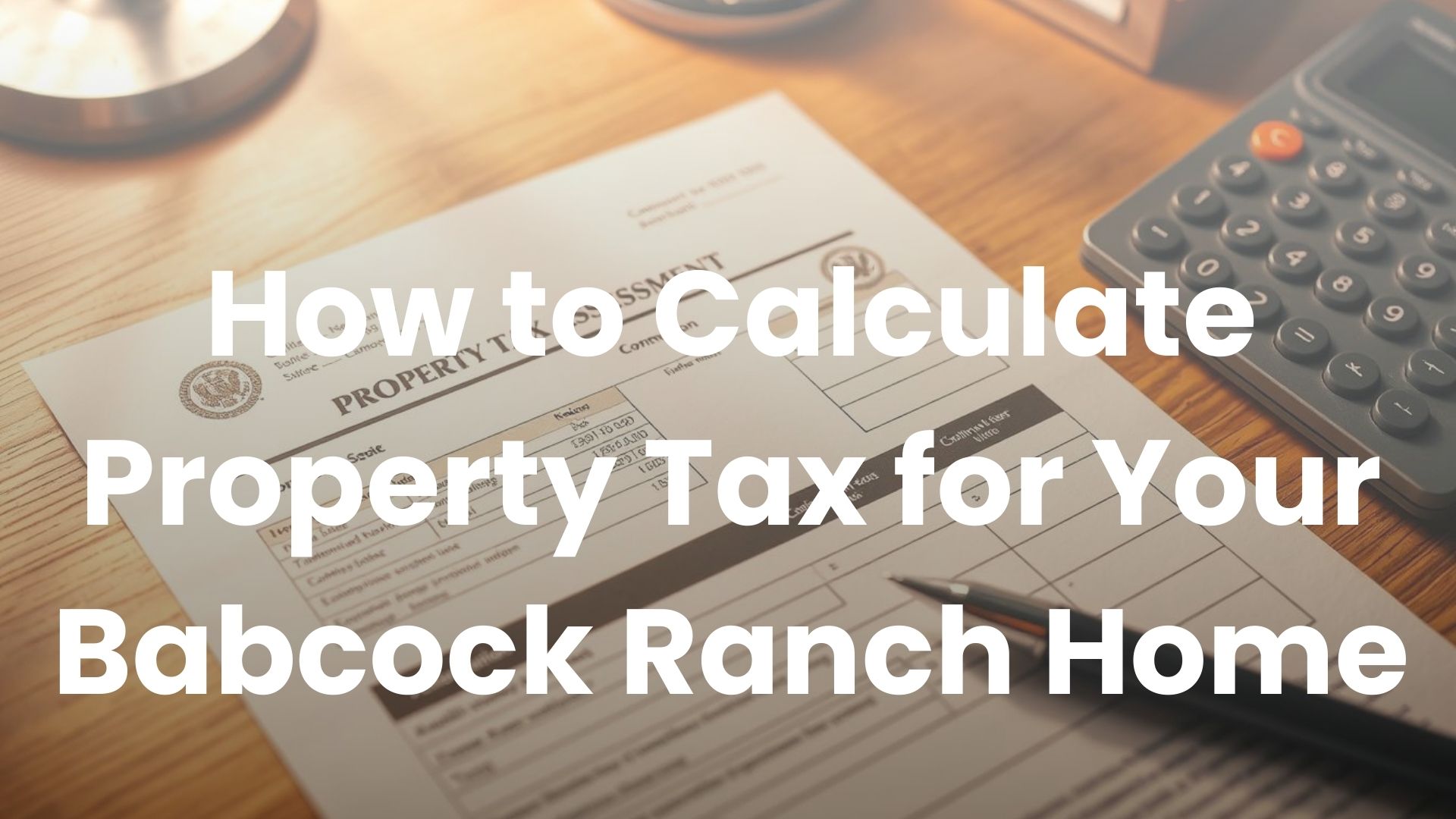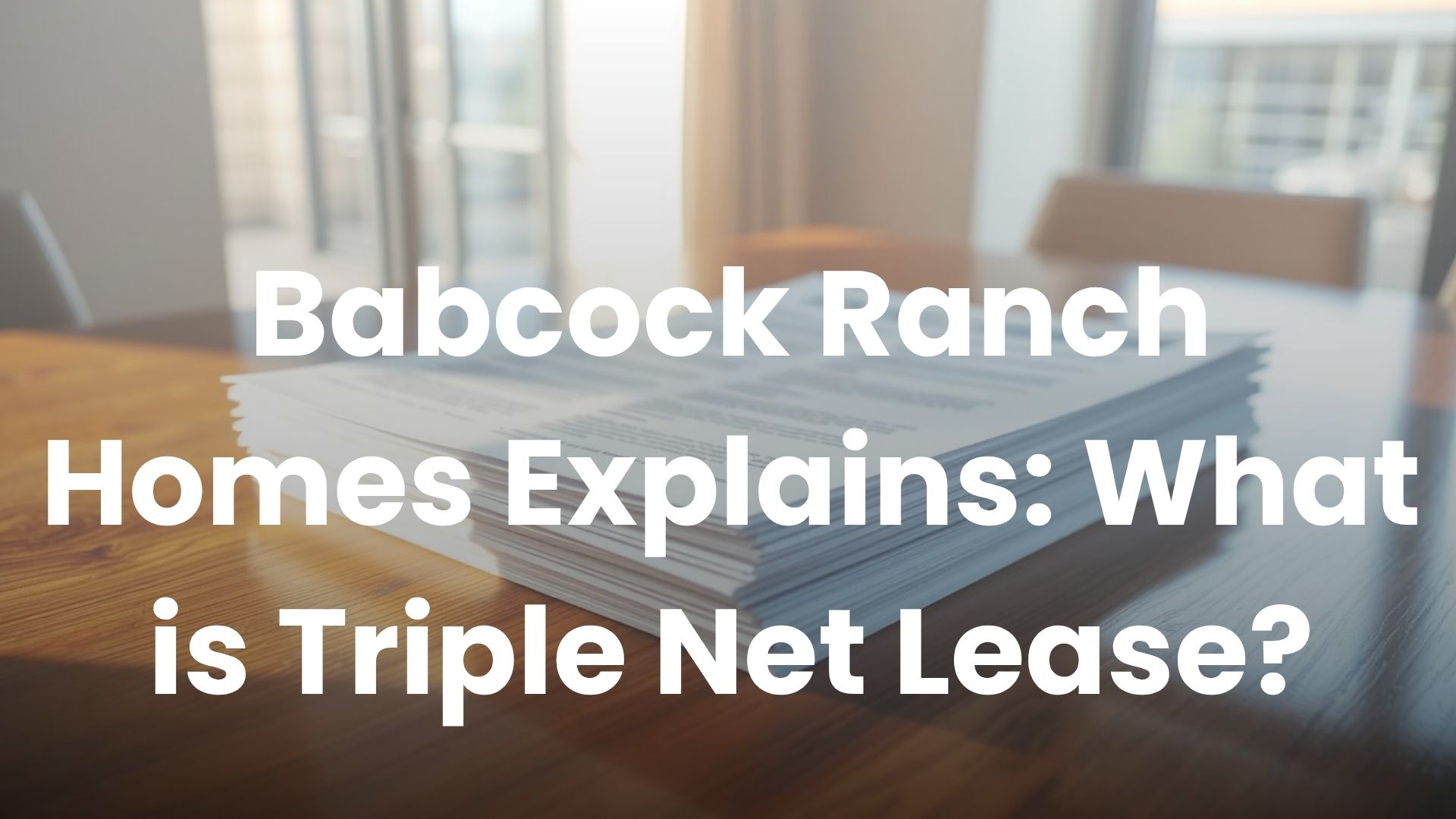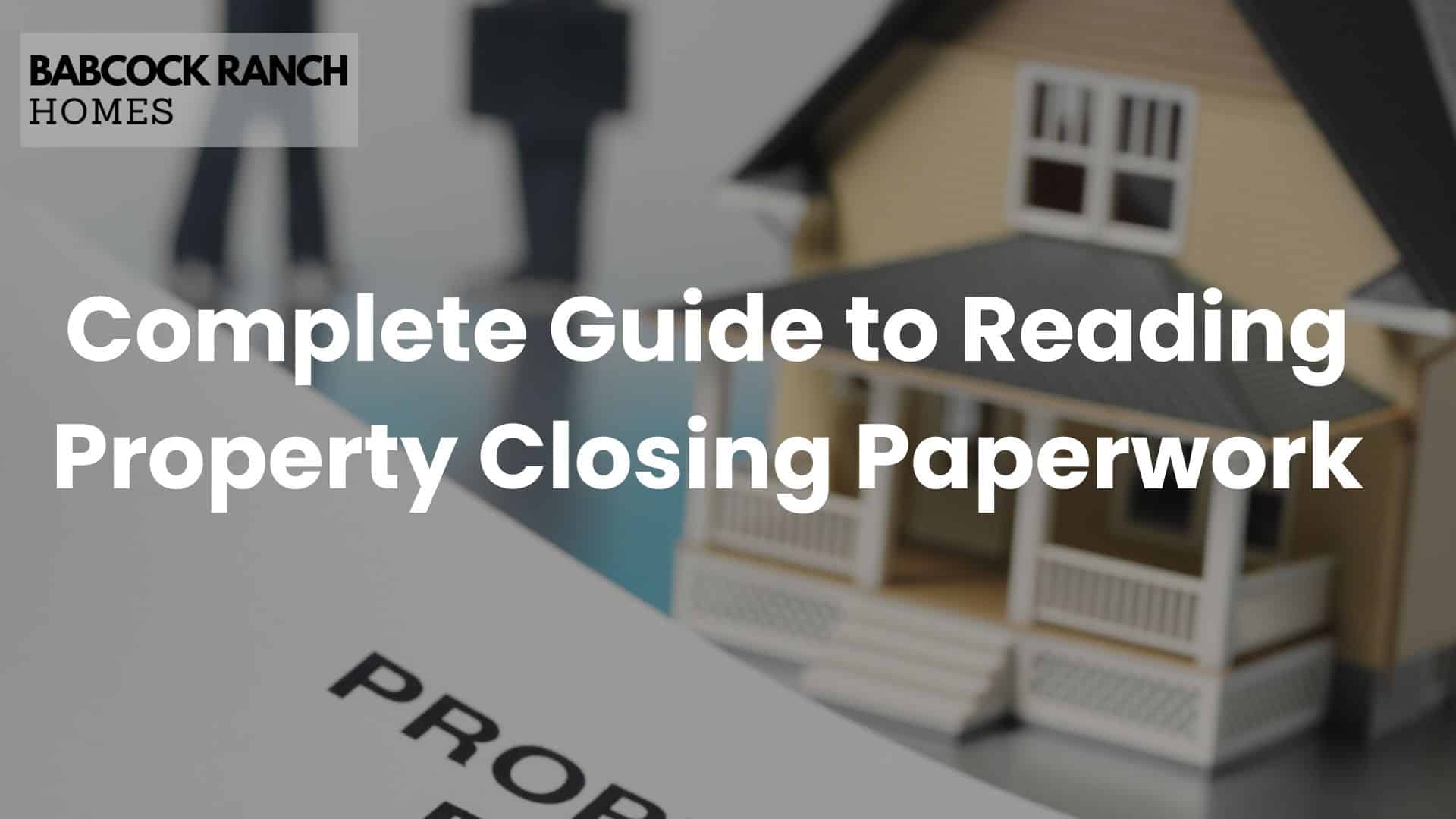
Understanding real estate closing documents can be tough, even for first-timers. These papers seal your deal and detail your financial and legal duties. Knowing them well helps you avoid surprises and follow local rules, like in Babcock Ranch.
Many rush through these papers due to time or jargon. But skipping this step can lead to missing important loan details, title insurance, or liens. A careful look ensures your investment is safe and you know what you’re agreeing to.
This guide makes it easier by explaining forms like settlement statements and deed transfers. You’ll learn to spot important figures, check numbers, and find any issues that need a lawyer. Whether buying a home or an investment property, these tips help you make smart choices at closing.
Key Takeaways
- Closing documents legally bind buyers to financial and regulatory obligations
- Proper review prevents unexpected fees or compliance issues
- Title insurance and loan terms require special attention
- Local regulations may impact specific contract clauses
- Professional guidance helps interpret complex legal language
- Digital tools streamline document comparison and verification
Why Understanding Closing Documents Matters
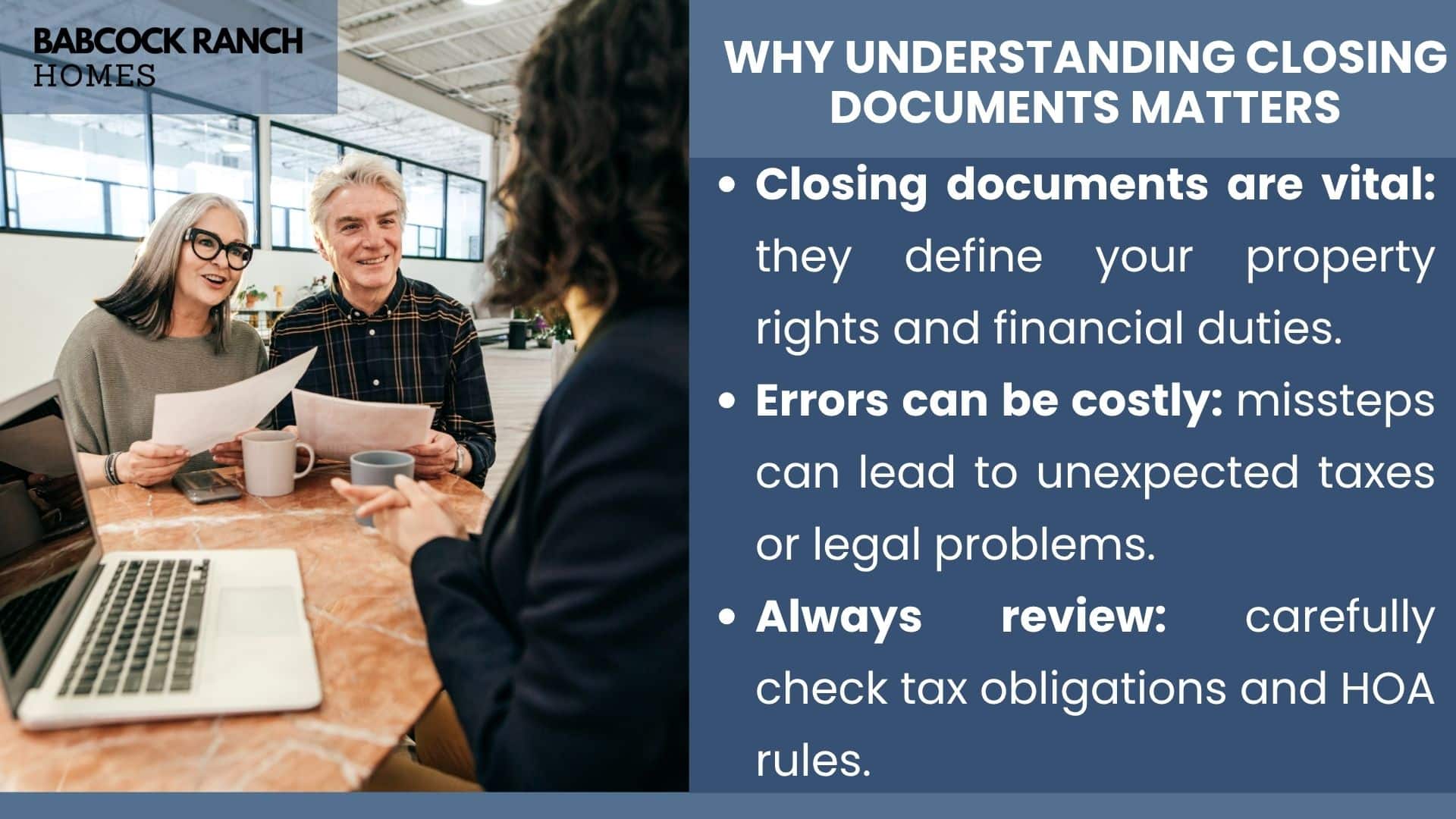
Closing documents are more than just papers. They outline your property rights and financial duties. Missing important details can cost you thousands or even lead to legal trouble. Here’s what you need to pay attention to.
Legal and Financial Implications
Every signature on closing documents is important. In Florida, where property laws vary, getting these wrong can harm your investment. For instance, not checking a property’s tax status can make you responsible for unpaid taxes from previous owners.
Property tax obligations
Florida’s property tax system has special rules like homestead exemptions for primary homes. But, you must confirm you qualify. Source 1 says 6–10% of closing costs are for taxes and title work. If there are hidden liens, these costs can add up.
Here are three tips for reviewing tax sections:
- Make sure tax assessments match local records
- Look for any special assessments, like for road repairs
- Ensure exemption applications are done before closing
HOA requirements in Babcock Ranch
Babcock Ranch has community rules. These include architectural and landscaping standards, and fees for amenities. Not following these rules can lead to fines or changes to your property.
Important HOA details to check:
- Monthly/annual fees and when they’re due
- Rules on renting or changing your property
- How to handle disputes with the HOA
Experts like Babcock Ranch Homes say interpreting mortgage closing paperwork is more than just rates and terms. It’s about understanding Florida’s laws. They often fix issues like unclear titles or HOA rules before closing, avoiding 90% of disputes, as Source 3 reports.
How to Read Closing Documents Effectively
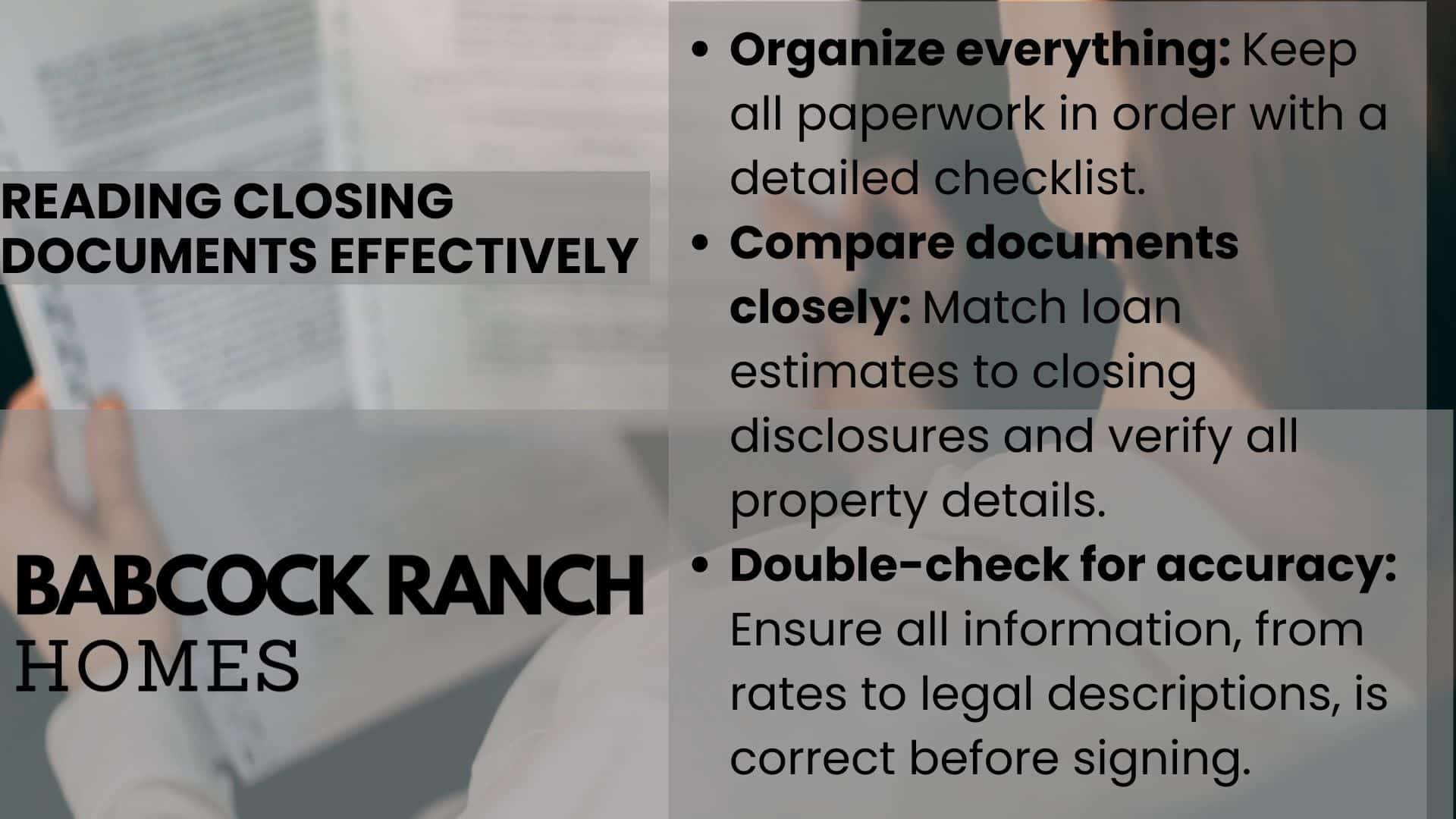
Understanding closing paperwork is key. It needs careful planning and attention to detail. This guide shows you how to make sense of complex documents quickly.
Essential Preparation Steps
First, set up an organized workspace. Use folders for legal papers, financial statements, and property records. Use color-coded tabs or digital tags to quickly find what you need.
Organizing Paperwork Chronologically
Organize documents in the order they appear. Start with purchase offers, then mortgage applications, and end with settlement statements. This helps you spot any issues with deadlines or money.
- Use red folders for urgent documents
- Mark pages needing signatures with sticky notes
- Save digital copies in cloud storage
Creating a Document Checklist
Make a detailed list of all necessary documents. Update it every day. This ensures you don’t miss important papers like title insurance or HOA agreements.
- Check for ALTA settlement forms
- Review appraisal and inspection reports
- Compare with lender’s needs
Key Document Comparison Techniques
Comparing documents carefully helps avoid mistakes. Always compare them side by side. Use highlighters to highlight any differences.
Matching Loan Estimates to Closing Disclosures
Follow the 3-day review rule as the law requires. Check these key areas:
- Interest rate and loan type
- Prepaid interest calculations
- Cash-to-close amounts
Be alert for unexpected fee increases. If you find any, talk to your lender before signing.
Verifying Property Details Accuracy
Check legal descriptions in deeds and title documents. Make sure they match your purchase agreement:
- Lot numbers and subdivision maps
- Square footage measurements
- Easement or boundary notations
Compare survey reports with municipal records to avoid ownership issues. Even small address mistakes can cause problems.
Key Sections in Property Closing Documents
Understanding property closing paperwork is easier when you know what to look for. Florida has its own rules and mortgage details that need extra care. Let’s explore the most important parts to check before you finalize your real estate deal.
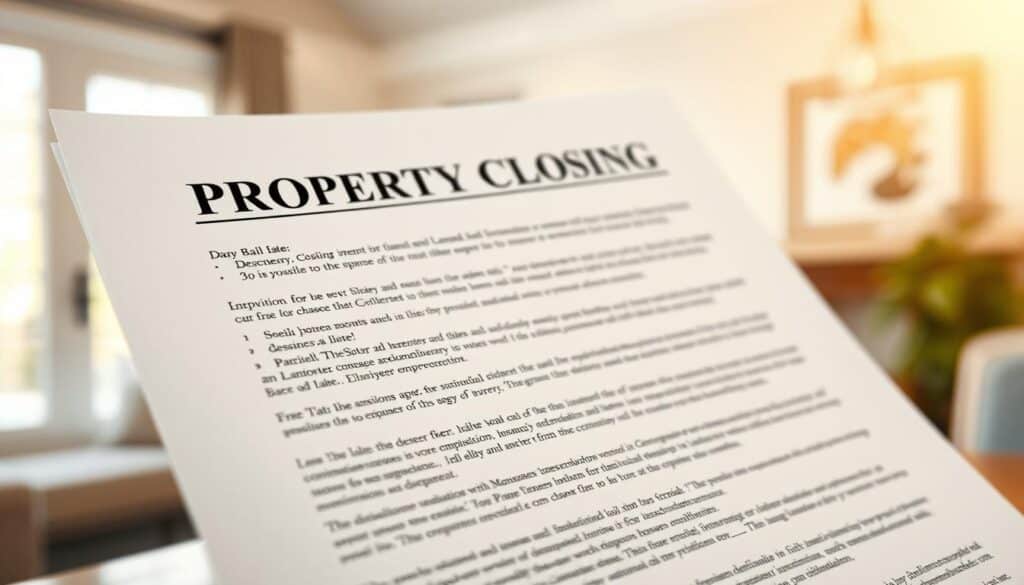
Purchase Agreement Breakdown
This contract is the heart of your property deal. Florida adds special rules, mainly for coastal areas.
Contingencies Specific to Florida Law
Florida’s contracts have unique conditions not found elsewhere. Here are three common ones:
- Coastal construction addendums for hurricane-resistant building codes
- Mandatory windstorm insurance for barrier island properties
- Environmental impact assessments for lots near wetlands
A recent case in Sarasota showed how these clauses protect buyers. It involved protected mangroves on a construction site.
Earnest Money Details
Your earnest money shows you’re serious about buying. In Florida, it’s usually 1-3% of the home’s price. There are specific rules for when you can get your money back:
- Money is held by title companies
- There are clear times for inspections and approvals
- There are penalties for pulling out without a good reason
For example, a $7,000 earnest money deposit on a $350,000 home is non-refundable after a certain time. This is unless certain conditions aren’t met.
Mortgage Documentation Essentials
Loan paperwork is full of important financial details. Always check these match what your lender promised.
Interest Rate Verification
Look for these in your mortgage documents:
- Loan Estimate form (Page 1, upper right corner)
- Promissory note (Section 2. Interest Rate)
- Adjustable-rate rider (if applicable)
In Florida, lenders must confirm the interest rate in writing. Verbal agreements don’t count.
Prepayment Penalty Clauses
Some Florida loans have fees for paying off early. Look for:
- Percentage-based penalties (usually 2-5% of remaining balance)
- Time restrictions (3-5 year typical duration)
- Exceptions for home sales vs refinancing
A Tampa buyer saved $12,000 by removing a prepayment penalty clause. Always ask about these terms before signing.
Decoding Legal Terminology
Property closing paperwork can seem like a different language if you’re new to real estate. Knowing these terms helps you understand your rights and financial responsibilities. Let’s explore key phrases and Florida laws that affect your deal.

Common Terms Explained
Escrow vs Earnest Money
These terms both involve holding funds, but they serve different purposes:
- Earnest money: A deposit showing buyer commitment (typically 1-3% of purchase price)
- Escrow: Neutral third-party account holding funds until conditions are met
Source 1 says excess earnest money might go to escrow if talks take longer. Always check which account holds your money at each step.
Title vs Deed Distinctions
New buyers often get these important documents mixed up:
- Title: Legal concept proving property ownership rights
- Deed: Physical document transferring title between parties
Source 3 notes title insurance is key to avoid ownership disputes in Florida’s competitive market.
Florida-Specific Requirements
Homestead Exemptions
Florida residents can lower property taxes with homestead exemptions if:
- The property is your primary residence
- You apply by March 1 of the tax year
- You hold legal title by January 1
This exemption also protects you from creditors, making it a big deal for Babcock Ranch homeowners.
Coastal Construction Addendums
Properties near Florida’s shoreline have special rules:
- Elevation requirements for flood zones
- Materials resistant to saltwater corrosion
- Permitting processes with water management districts
These addendums help buyers avoid costly mistakes in sensitive areas.
Analyzing Settlement Statements
Settlement statements are like blueprints for your property deal. They show every dollar involved, from lender fees to tax changes. Here’s how to understand these important documents with guidelines for examining closing forms.

Fee Structure Interpretation
Lenders and third parties list their fees in different parts of the statement. RESPA rules make sure these costs are clear to avoid confusion.
Understanding Lender Charges
Here are common fees from lenders:
- Underwriting fees ($400-$900)
- Credit report charges ($25-$50)
- Origination points (0.5%-1% of loan amount)
Third-Party Service Costs
Independent providers handle these:
- Appraisal fees ($300-$600)
- Title searches ($150-$400)
- Recording fees (varies by county)
Closing Cost Calculations
Final costs can surprise buyers due to prorations and insurance. In Florida, closing costs usually range from 6-10% of the home’s value.
Prorated Tax Adjustments
You’ll pay property taxes for your time of ownership. If you close mid-year:
- Divide annual tax by 365 days
- Multiply by days you’ll own the property
- Credit appears in Section J of ALTA forms
Title Insurance Premiums
Florida needs both lender’s and owner’s policies. Typical costs are:
- Lender’s policy: $575 per $100,000 loan
- Owner’s policy: $1,200-$2,000 (one-time fee)
Remember, escrow accounts for taxes/insurance can’t go over RESPA’s 2-month limit. Always check line items against your Loan Estimate for any differences.
Professional Assistance from Babcock Ranch Homes
Getting help with closing documents is easier with Babcock Ranch Homes. They offer attorney-led title reviews and personal walkthroughs of purchase agreements. Their team checks lien statuses, zoning, and HOA rules using Florida’s state laws.
They work with title companies to find easements or ownership issues. They also explain prorated taxes, insurance, and lender fees. Agents make complex terms like “escrow holdbacks” easy to understand.
Babcock Ranch Homes helps with notaries and settlement agents for any last-minute issues. Clients get checklists to compare loan estimates with final disclosures. Call 518-569-7173 for help in Southwest Florida or to review documents online.
Learning about closing documents saves time and stress. Trusted advisors point out unusual clauses and confirm payments. They make sure everything is right for a smooth homeownership journey.

